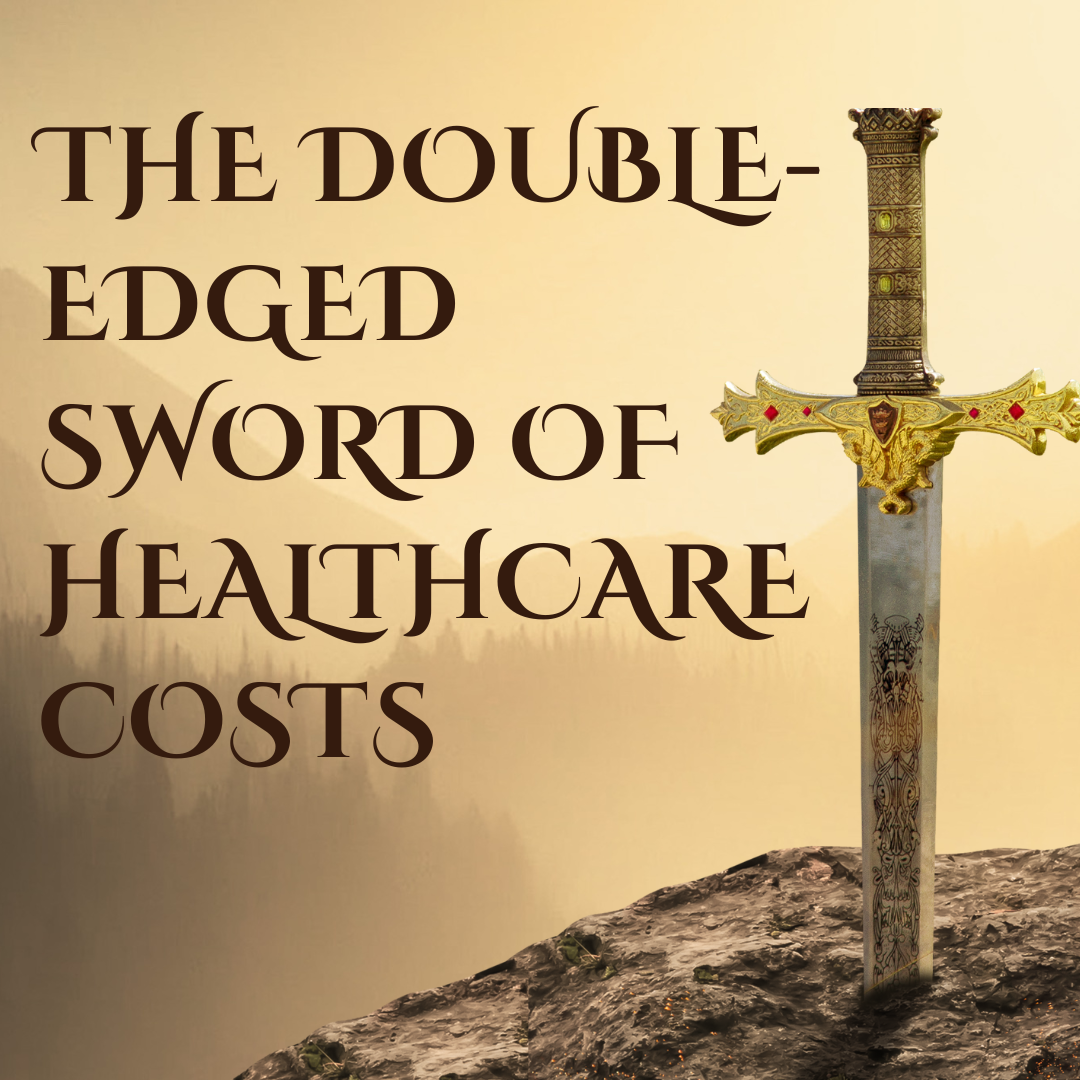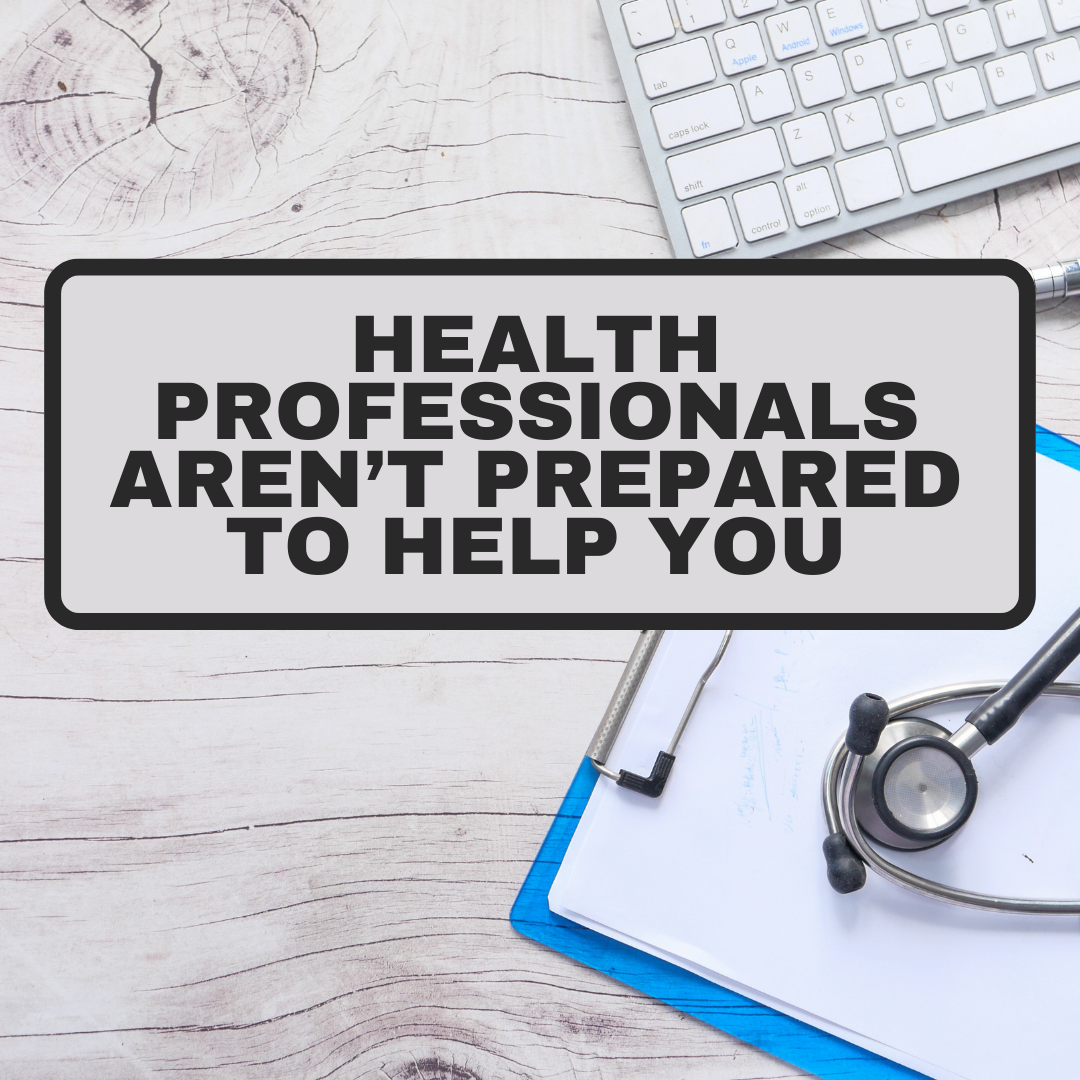The majority of college students are unaware of their health insurance plan, mostly due to two factors: the negligence of teaching the subject in most curricula, and because most students under 26 fall under their parents’ health insurance plans as per the Affordable Care Act.
Here’s the Reality:
Young Adults Are at Risk
One of the issues with not being taught about the complex insurance system is most states require adults to be on their own insurance plan at 26 years old. When these young adults face frustration and confusion in registering for health insurance through a system and terminology they’ve never been exposed to, they may choose to remain uninsured. According to the United States Census Bureau, “about 1 in 4 uninsured people were 26 to 34 years old” in 2017. Individuals without parental support in health insurance may face the pressure of choosing the uninsured route earlier than age 26 for the same reason of intimidation and not understanding how to register or the importance of it.
Maloney explained, “Monmouth University does not require students to show proof of health insurance. Uninsured students run the risk of unexpected medical bills should they experience a health event. This can interfere with their ability to continue their education.”
The Consequences are Long-Term
Medical expenses in the United States can soar due to doctor fees, laboratory fees, specialist fees, imaging fees, ambulance, and emergency bills. When considering all these expenses along with a yearly college tuition that also often costs tens of thousands of dollars, students may not be able to afford being a student anymore. Many students struggling to pay for a textbook survive on the hope that if they’re uninsured, they won’t end up needing any kind of medical attention.
According to Alisha Cook, a Supervisor for Oscar Health insurance, “It could be the best insurance or the worst insurance, but it still comes down to cost.” Individuals should not be uninsured when financially capable due to the reason for confusion in enrolling.
The Solution?
Colleen Beach, a Specialist Professor in the field of social work feels a solution to this could be expanding education curricula in America to include teaching students about health insurance as early as high school. “It is important that adolescents and young adults understand the healthcare system and the way health insurance can impact their options in life…Many of the uninsured have a high school education or less, so getting the information out to people while they are in school can be critical to emphasizing how important it can be to maintaining their quality of life,” said Beach.
Maloney also highlighted the importance of health insurance education to college students. “It would be most helpful for students,” she said, “especially graduating seniors, to understand health insurance plans. This is particularly important when seeking a job and finding out what is being offered in terms of health insurance coverage. Students who are uninsured or under-insured would greatly benefit from learning about available plans, premiums, coverage, and open enrollment periods.”
Why it Matters
“I’ve worked with a lot of people who didn’t have health insurance because they didn’t know the risks of not having it [health insurance],” said Keith Gosselin, a licensed social worker, registered nurse, nursing student at William Paterson University, and a full-time employee at an insurance company. “I think being educated on it [health insurance] earlier in life in high school… maybe start with a six-week course every year… for all throughout high school; it would definitely benefit them and society as well.”
Subscribe to be alerted of new articles and updates!



